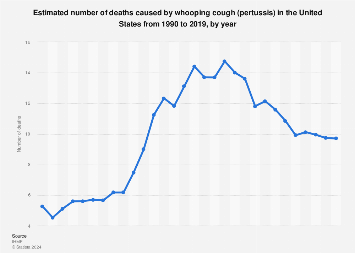Consider that there are two castes of people. One is comprised of movers and shakers that are in public circulation quite a bit. Some of them probably caught one of the wuflu family of diseases before it much more than grabbed the first headline. The other group has spent this time hiding, wearing a mask, wringing hands slathered in hand sanitizer, ordering from grub hub. The second group might include those who are older, more prone to heart disease, diabetes, maybe ever so slightly more prone to being overweight. The disease family is new. Nobody has so much as an antiquated copy of an antibody. The first group, if they survive the disease, have antibodies that are highly effective against the strain that they contracted. The second group, if they got vaccinated, can make antibodies based on a part of a copy of the original model that the vaccines were based on. Every strain that comes through, of strains that are multiplying exponentially, can be recognized more rapidly by someone with antibodies for the original
In some cases, the virus proliferates enough to do severe damage to things like lung tissue, before the body can mount an immune response and produce antibodies in sufficient quantities to stop the infection. If the damage is too severe, the virus particles that are tagged by antibodies can't be picked up by white blood cells that clean them up, because the white blood cells can't get there because of damage and inflammation. this is where you end up in the hospital on a ventilator.
If you are part of the second group of people, and you decided to forgo the vaccine, it's going to be a brand new experience and it's going to be a crap shoot, if you have any underlying conditions, it could be bad. Unless you already had it and thought it was just a cold, as can be the case. If you get a variant, it's still a brand new experience for your body, which will have to start from scratch. Your slow lumbering giant white blood cells are going to have to stumble into a virus particle, trap it, study it, and begin manufacturing antibodies that are shaped perfectly to fit the virus shape like puzzle piece. Once there are enough antibodies produced, they will latch onto any virus that they come across, preveting it from attaching to a living cell and causing that cell to replicate the virus until it is spent. The white blood cells scoop up viruses that have been trapped by an antibody. The white blood cells also make additional antibodies. All these things take time, and time might be precious to you if you are at risk of serious complications for infection.
When new variants come along, the puzzle piece might not fit quite right, and you spend that precious time again, making the correct interlocking shape for an antibody. If it's still similar enough, it might do a good enough job to get the ball rolling The antibodies that are formed as a result of the vaccine are based on a part of the whole virus. If the variant is different enough in that part, it could be almost totally ineffective. But it could give you enough time to start making antibodies for the variant you are exposed to before serious damage is done. It's not great, but it's the best we can do at this time.
If you haven't had the virus, or the vaccine, and you are at risk of serious complications, if it were me, I would go get the shot. I fell like I personally have had the original and a couple of variants, based on symptoms, and other people in the same circles getting tests. Not worried personally, as I'm not at huge risk of serious complications, to my current knowledge. But if you get it, it's going to be a brand new experience and you don't know how you will react. Some shot in the dark miniscule antibody response is better than starting from nothing. You could wait until there is a really mild variant going around and go lick all the doorknobs, but the quack doctor vaccine that we won't be able to see the test results from for 50 years is the best thing that we have short of infection. Maybe pick a time that your local hospital has extra room and go visit someone who has tested positive and is sick, get the jab, or hide out in a cave the rest of your life, those are your three options at this time.





